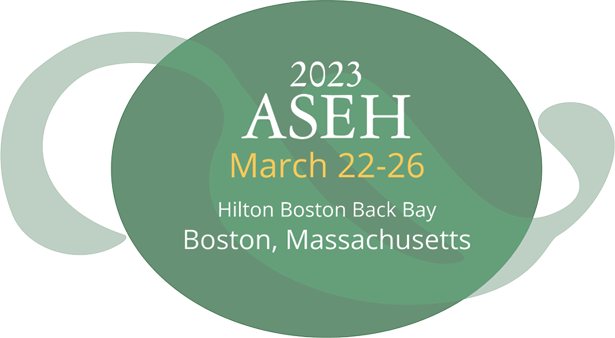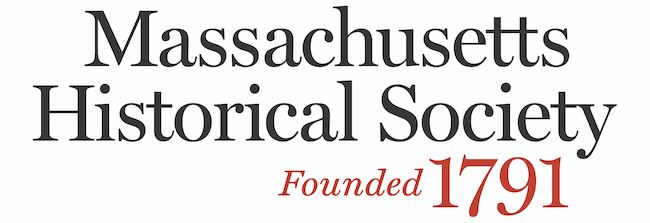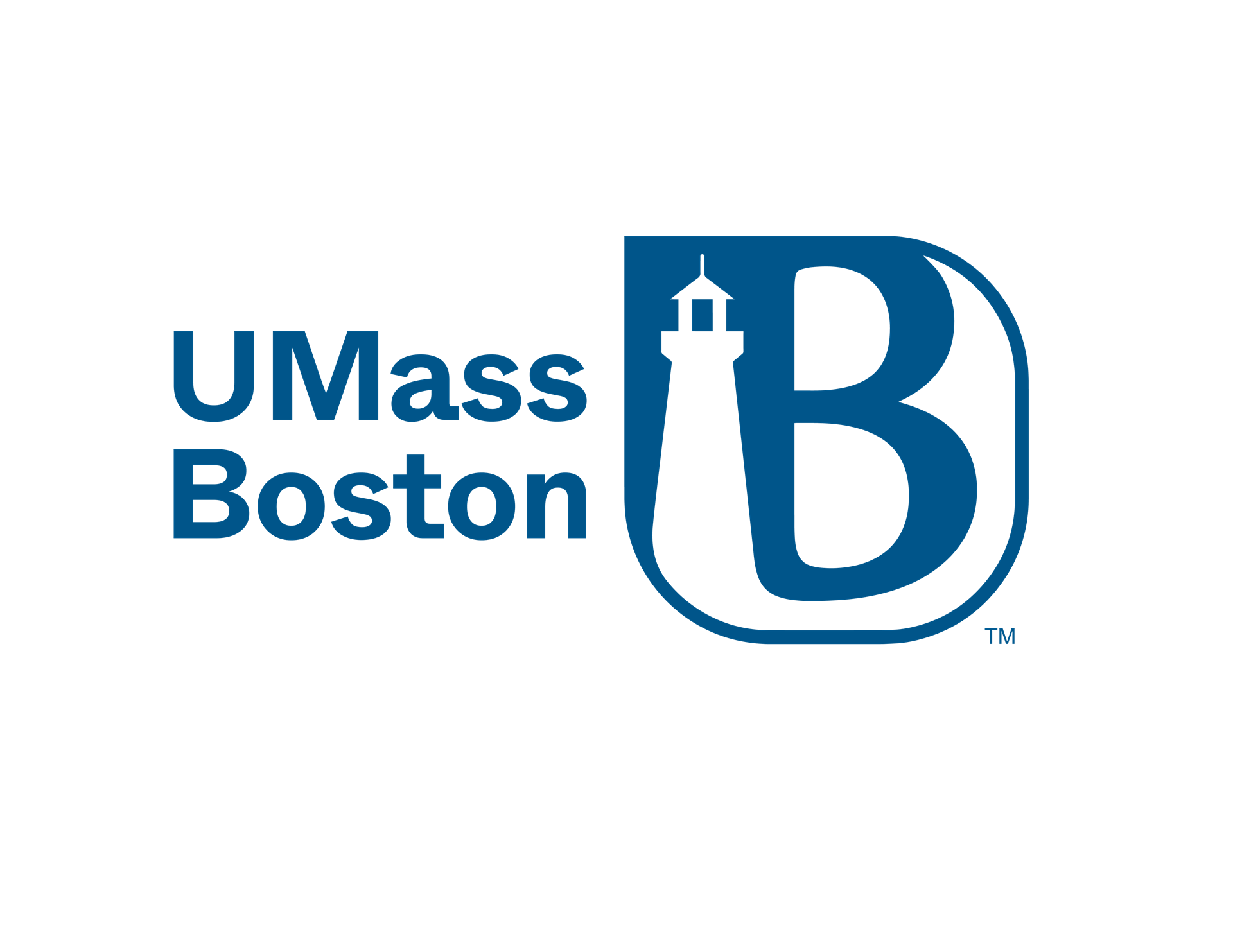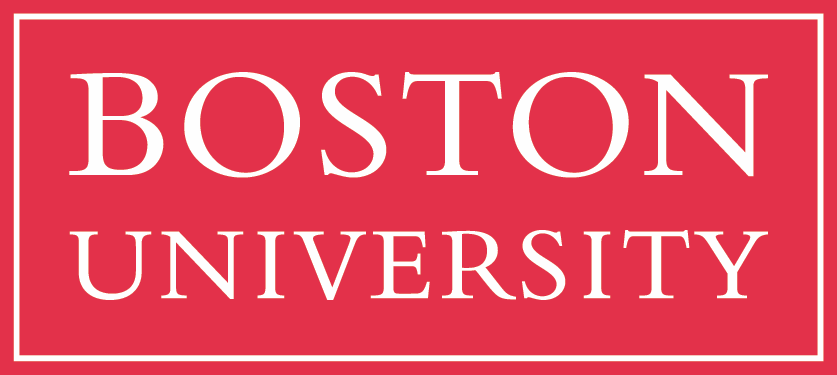ASEH 2023 Call For Proposals is Now Closed! |
Call for Papers – ASEH 2023 Annual Meeting Boston Change is at the heart of environmental history scholarship and a powerful force in our shared present, as we live and work through climate change, energy transitions, and demands for equality and justice. The task of the historian is to reckon with what has come before and how it shaped the world; for the environmental historian that is to reckon with our past relations with the rest of nature. The American Society for Environmental History invites proposals to its annual conference, to be held March 22 - 26, 2023 in Boston, Massachusetts, that explore the theme of transformation, with attention to resistance and disruption and the possibilities for repair of past relations. The city of Boston was carved out of Ninnimissinuok territory on a peninsula called Shawmut on the lands of the Massachusett. This place was shaped by climatic shifts, seasonal variation, and social and political change in the centuries before the violent transformations wrought by the arrival of English colonizers. From 1630, Boston became a market and cultural center, oriented towards the sea and its resources, as the lands and local climate offered fewer opportunities for growth. The city expanded onto lands reclaimed from the marshlands and estuaries at the ocean’s edge. This is just one geographic vulnerability that Boston, like so many coastal, urban centers, is grappling with, amidst the threat of rising seas and the change that is to come. The city was shaped by dispossession, violence, inequity, and revolution. Boston’s docks and waterfront, built on these lands, connected the city to global markets and migration, serving as a node in the trans-Atlantic slave trade. Later, the city’s airport was also constructed on reclaimed lands, producing new ties between the city’s growing role as a center of higher education, research, and finance and the global economy. The physical transformation of 20th century Boston was predicated on the erasure of the longer Indigenous history of the land, and then on the removal of predominantly Black and working class families through urban renewal that turned on contested environmental discourses. From this history of dispossession have come generations of local Black and Indigenous activism that seek reparations and justice for the future. More broadly, social justice advocacy and urban environmental restoration have begun the work of repairing disruptions to the land and community relations, including expanding public access to the waterfront - unfinished work that continues. Transformation rarely proceeds smoothly, evenly, or easily and can bring with it great injustice. While there are forces that support and enable such change, there are others that resist and disrupt. These histories can call on us, into the present, to undertake the work of reparations. The Program Committee welcomes submissions from any area of environmental history. This theme may resonate with scholars working on Indigenous histories, food histories, energy histories, infrastructures, animal studies, environmental justice, and environmental activism.
Submission Guidelines While programming in Boston 2023 will emphasize the theme of Transformations: Reckoning, Resistance, and Reparations, this conference, like all ASEH meetings, will feature research on all facets of environmental history, from any geographical or temporal context. The Program Committee welcomes traditional panels, individual papers, posters, recent book talks, teaching and pedagogy sessions, innovative formats, and sessions that encourage active audience participation. Conference sessions are set at 90 minutes, including the requisite 30 minutes for discussion. The Program Committee encourages proposals from all historians (including public historians, independent scholars, contingent faculty, and historical consultants) and from different types of institutions (universities, government agencies, museums). The Program Committee welcomes panelists who are not academics and encourages ASEH members to engage with and actively include diverse practitioners, including exiled and incarcerated people, Elders and Knowledge Keepers, people working under occupation and apartheid, and grassroots activists.
All panels, but in particular those that are focused on histories of gender and sexuality, disability, race, Indigeneity, or work that is community-engaged/community-based should take seriously issues of diversity of representation in panel composition. The Program Committee encourages those developing panels on topics focused on historically marginalized groups to build relationships with scholars of diverse backgrounds and make a space for these scholars in these panels. We look forward to receiving panels, papers, and alternative sessions that demonstrate a commitment to the principles of disability rights and inclusivity as well as universal accessibility. We encourage complete session proposals. To find co-panelists go to the Open Sessions page and post your information there. Individual papers are welcome and we will endeavor to construct sessions from proposals for individual presentations. In the event that the Program Committee finds proposals for individual papers that would enhance complete panels, we may add a paper to a panel with only three presentations. Submission proposal types include: ● Complete Panels (three or four presenters and a session chair or three presenters, a commentator, and a session chair; a panel with three presenters and a chair may be asked to accommodate a fourth paper; complete panels can be a maximum of 5 people in any configuration of presenters commentators and chairs) ● Individual Papers (accepted papers will be placed in panels; presentations are limited to 15 minutes, be sure to check out the Open Sessions page to find potential co-panellists) ● Roundtables (presentations should be limited to 10 minutes per person to maximize audience participation) ● Alternative Sessions (this category is open, but such sessions should involve at least four participants. Sessions must still allow 30 minutes for discussion. Examples include Open-Mic Roundtables; Living History Performance sessions; Reading Groups where participants collectively engage with a selection of pre-circulated readings; or sessions that foreground activists or practitioners for whom a standard paper presentation is not the ideal format) ● Individual Lightning Presentations (each presenter gets 5 minutes and up to 10 slides) ● Book Talks (lightning-style talks focused on recent book publications, these will be organized into sessions with 30 minutes for discussion) ● Posters (those presenting posters and who attend the conference will be expected to participate in the poster session) Virtual Participation Virtual participation in our annual meeting seeks to enable inclusion of those presenters for whom travel and in-person participation would not otherwise be possible. Ensuring the accessibility of our conference calls for intentional and advance planning. Virtual participation in the 2023 meeting includes the following options: 1) Panel submissions can normally include a maximum of one recorded presentation. We ask that this recorded participant be decided in advance and indicated as part of the official panel submission. 2) The Program Committee will consider a small number of all-virtual sessions to constitute a one-day virtual ASEH conference. Please indicate that you are proposing a virtual session for this event on your official submission. Another option for those who cannot attend the ASEH in person is to propose a poster that will be displayed at the conference. Guidelines for poster submissions can be found on the ASEH website. We regret that posters cannot be mailed to the conference site in advance and so you will have to make your own arrangements to submit the poster if you cannot attend. ASEH members are reminded of the society’s travel grants which exist to offer some financial support for presenters including in particular graduate students, international presenters, and those with limited access to funds to support conference participation. Recorded presentations and registrants at the virtual ASEH conference will be expected to pay conference registration fees. Those who wish to organize virtual events are also encouraged to consider submitting independent events to Environmental History Week. Please note that individuals can be a primary presenter in only one panel, roundtable, or other session proposal, but can also serve as chair or commentator in a second session proposal. ASEH remains committed to inclusivity with regard to race, ethnicity, gender, gender expression and identity, sexual orientation, and physical abilities both in terms of participation and topics discussed at our conferences. For more information and the link to the submission site, visit the ASEH website at aseh.org. Deadline EXTENDED. Deadline for Submissions Now August 1, 2022. |









